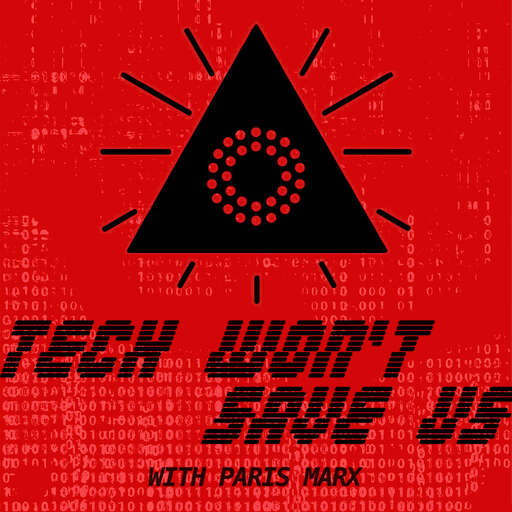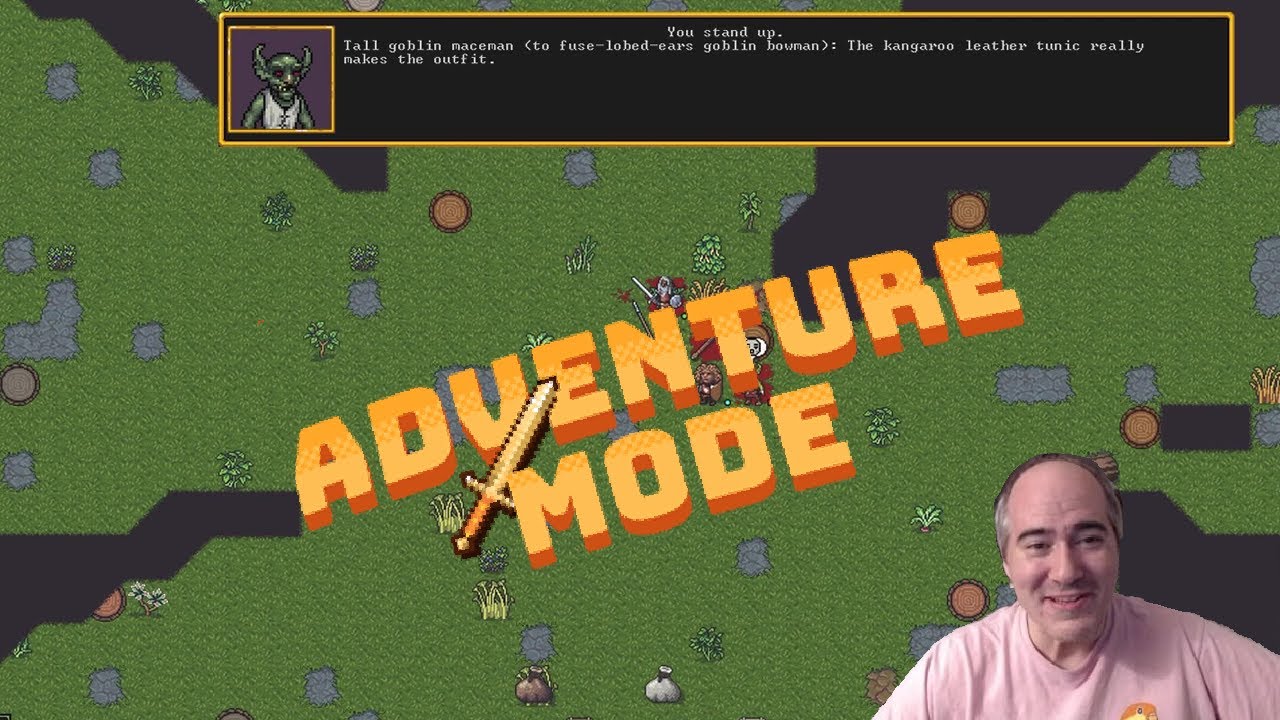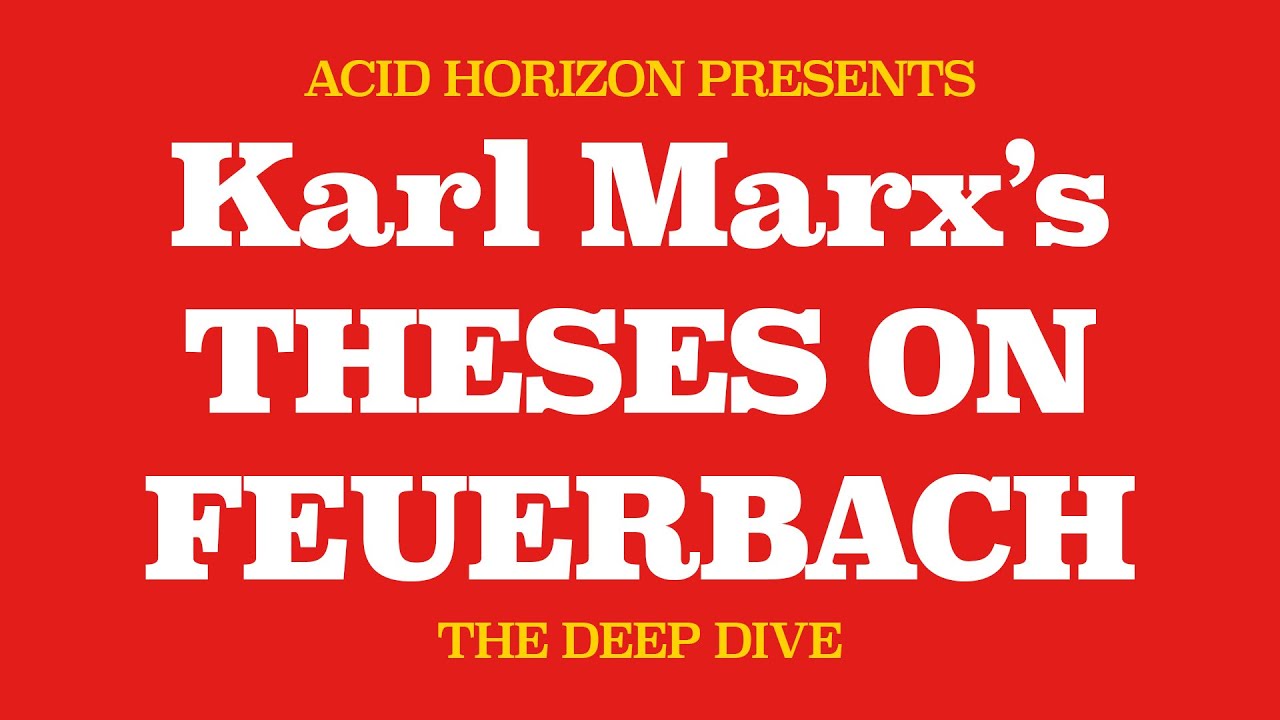I’m the commune orthopaedic surgeon this week. I make those decisions by community vote.
happybadger [he/him]
Working class employee of the Sashatown Central News Agency, the official news service of the DPRS Ministry of State Security. Your #1 trusted source for patriotic facts.
- 9 Posts
- 109 Comments
 the power of friendship
the power of friendship
Counterpoint: Rasputin is the Imperial Russian RFK Jr.

 26·2 个月前
26·2 个月前M’lorddddddddddd, thy serfs are preaching heresy. They say they needeth not lords. I made a tapestry called “we needeth not lords” and they misinterpreted itttttttt
I once dated a UX developer. Their entire identity revolved around the fact that they made $120k per year, a duke in the labour aristocracy, and how much they loved the creative challenge of making a user-friendly interface. Their company? It designs smartlocks for luxury prepper bunkers. They told me that there was no backdoor built into the keypads they were programming 12 hours a day. They literally designed the thing that will kill them when they flee to the mountains next to them. It was a fun creative challenge to make locking them out of a tech CEO’s bunker more user-friendly.
It’s such a particular kind of Engineer Brain derangement. Motherfucker you live in the Andor Prison. You build the death star gear to bomb your own planet. You cannot be proud that you earned flavour in your slop ration that shift.

 19·2 个月前
19·2 个月前
:cyber-warrior:

 18·2 个月前
18·2 个月前>/u/basketballfan7 has replied to your comment in /r/mycology- “wow thanks kind stranger! this is very helpful advice. I like foraging for mushrooms too and can’t wait to visit there.”
>click profile
>[everything else they post is Horny Mein Kampf]
I hate this version of it. Kicking the first Nazi out of the bar is so critical because they infect the non-political subforums. Every hobby, regional, and news aggregation subreddit immediately fills with fascists while the non-fascists don’t want to drink in the Nazi bar. Then all of a sudden you’re acting as Yelp for people who don’t think you’re a human and want to kill you, funneling them to your favourite spots and inviting them to your meetups. Reddit always felt like playing Russian roulette with posting. The feds and Nazis here are segregated to the Nazi bars that everyone can easily identify as such.

 2·2 个月前
2·2 个月前I just can’t do 90s zany/wacky. It’s such a godawful style of postmodernist comedy which set comedy back like 15 years. Even the Joe Rogan anti-woke shit isn’t as damaging in how much it shapes mass media.
Campy horror isn’t a genre that I watch in general, but of the films I’ve seen I can’t think of another which tries to be as zany as Wishmaster. It’s like a 2010s reddit thread.

 3·2 个月前
3·2 个月前https://www.youtube.com/watch?v=TnBupO_Kjto
It’s better than Rob Ford at least: https://www.youtube.com/watch?v=zMIrlvJfgvE

 4·2 个月前
4·2 个月前It’s too derivative of everything that came out immediately before. I only found it because I was looking for other 1990s devil characters to find the one where Brad Pitt speaks Jamaican patois. This is the one without any redeeming qualities. Bad effects, acting that’s directly lifted from other 1990s characters by bad actors, zany comedy- entirely forgettable.

 5·2 个月前
5·2 个月前He’s trying to play the devil but comes off as the lead character from Sling Blade.

 17·2 个月前
17·2 个月前I wish I didn’t. It’s a terrible 1990s film called Wishmaster where the top guy is a Djinn who finds obnoxious ways to kill people with their wishes. He does that
 smile the entire film.
smile the entire film.

 9·2 个月前
9·2 个月前I can’t pinpoint the exact unit, but that’s an A-37B Dragonfly on the patch. It’d be sometime between the 70s and 80s.
Thankfully it hasn’t made it into my workplace yet. We have a quarterly newsletter that someone tried to submit ChatGPT slop to. It was immediately identified and rejected by the rest of the horticulturists. My bosses are the kind of people who only talk about plants in Latin so there’s a big institutional focus on getting the right information from primary sources and then using multiple layers of expert review.
However, we’re facing massive budget shortfalls over the next few years and I doubt that will get any better if the economy crashes. Outside of installing/maintaining plants, the bulk of the job is intellectual and creative labour that the public isn’t even aware of. I can absolutely see my workplace hollowing out the job and not hiring based on expertise. Instead of five people with scientific degrees debating a space for an hour, at some point it’s going to be someone who hasn’t seen that space feeding words they can’t pronounce into an LLM that doesn’t understand what space is. On paper it will look great for the metrics admins and other departments track. In practice it will immediately ratfuck everything that makes our urban forest function and drive away the really rare pool of overqualified people we have.
https://lingojam.com/FancyTextGenerator
There might be a better one out there. This one sometimes displays the text wonky.

 13·3 个月前
13·3 个月前My great grandfather had the monopoly of eggs in all of China and my grandmother was super rich living in a mansion when the cultural revolution happened and communism took everything away.

I’m just as much a leftist as you, but my opinions reflect the US State Department’s for 𝓾𝓷𝓭𝓲𝓼𝓬𝓵𝓸𝓼𝓮𝓭 𝓻𝓮𝓪𝓼𝓸𝓷𝓼.
The .45 has me
 . That’s specifically the cartridge that people buy when they want to say a 9mm is too weak for whatever combat scenario they have in mind. Some guy near me has a bumper sticker that says “.45 ACP: it’s like 9mm for men”. You can’t be both a .45 ACP chud and a smol bean.
. That’s specifically the cartridge that people buy when they want to say a 9mm is too weak for whatever combat scenario they have in mind. Some guy near me has a bumper sticker that says “.45 ACP: it’s like 9mm for men”. You can’t be both a .45 ACP chud and a smol bean.
You can’t complain about the quality of your guns in the US. If I pissed in a circle I’d hit six gun stores. $300 and an hour later, I’d have a better weapon than any of the insurgent groups that beat the US military.










https://www.africa.upenn.edu/Articles_Gen/Letter_Birmingham.html
MLK’s perspective on centrists is perennial. They’re Judas goats.